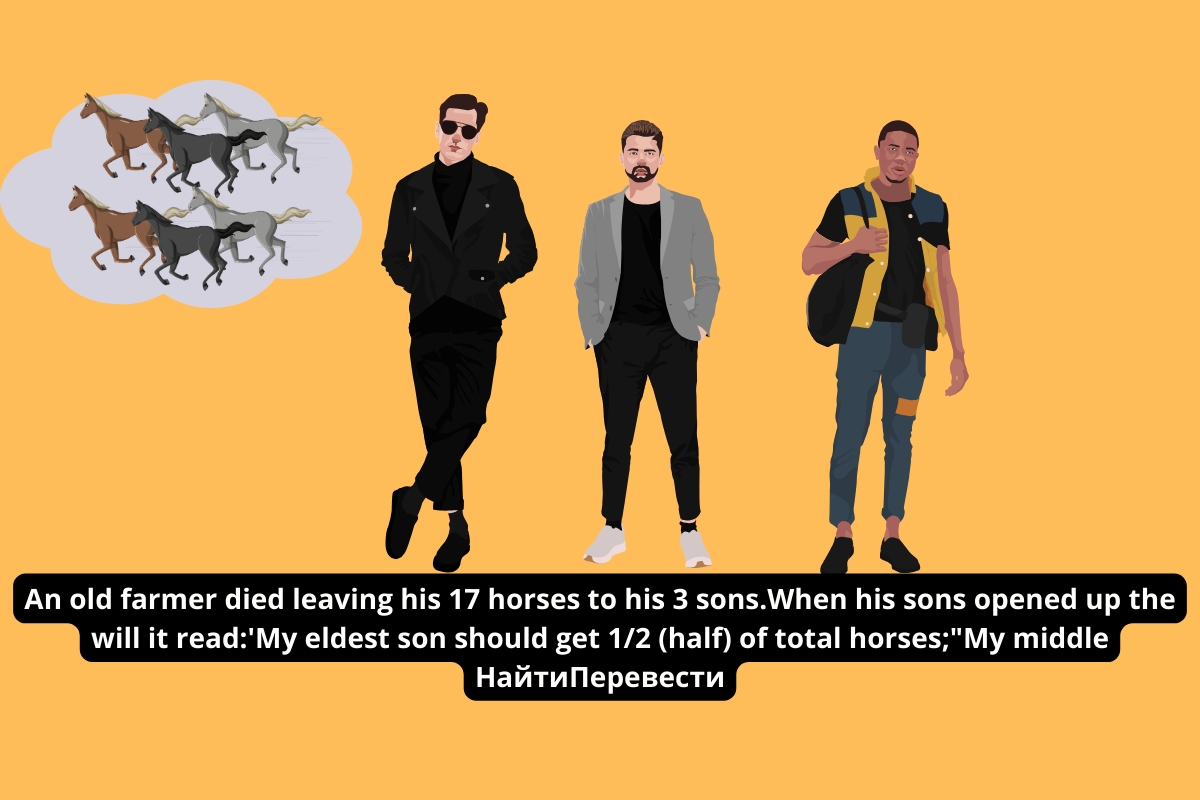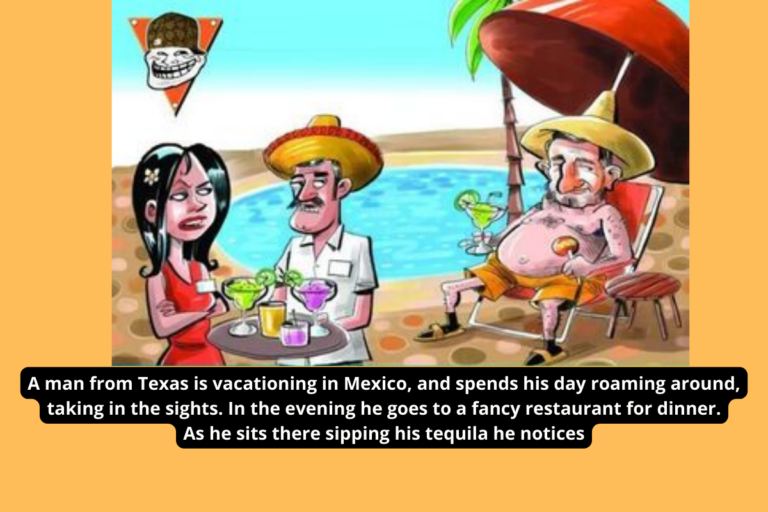The old farmer left his 17 horses to his three sons. The sons, Hansons, were faced with a dilemma as to how to divide the horses among themselves. The instructions were as follows:
- Wi, the eldest son, should receive half (1/2) of the horses.
- Myolset, the middle son, should get one-third (1/3) of the total number of horses.
- Mimidala’s, the youngest son, should receive one-ninth (1/9) of the total number of horses.
Since it was impossible to divide 17 by 2, 17 by 3, or 17 by 9 without fractions or decimals, the sons began to argue and fight over the distribution.
To resolve the issue, they decided to consult a wise man in the nearby town. The wise man listened to their dilemma and came up with a solution.
He instructed them to bring one of their own horses and add it to the total count. This would make it possible to divide the horses evenly among the sons.
So, they added one horse to the existing 17, making the total count 18 horses. Now, they could divide the horses as per the instructions:
- 1/2 of 18 = 9. Thus, the eldest son received 9 horses.
- 1/3 of 18 = 6. So, the middle son received 6 horses.
- 1/9 of 18 = 2. Consequently, the youngest son received 2 horses.
Now, each son had the specified number of horses: the eldest had 9, the middle had 6, and the youngest had 2. This totaled 17 horses.
However, one horse remained unaccounted for. Realizing this, the little farmer took his horse and joined it with the rest, ensuring that all 18 horses were now distributed among his sons as per the wise man’s solution.







